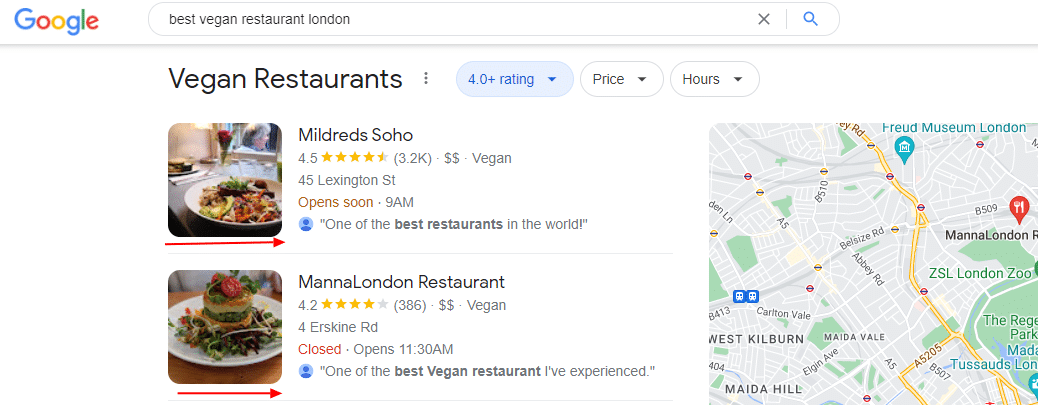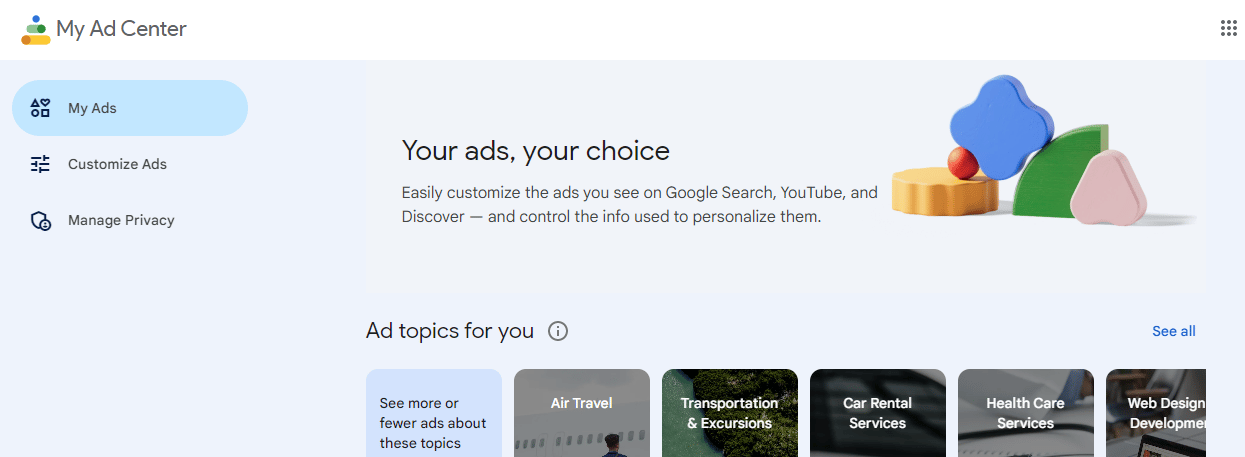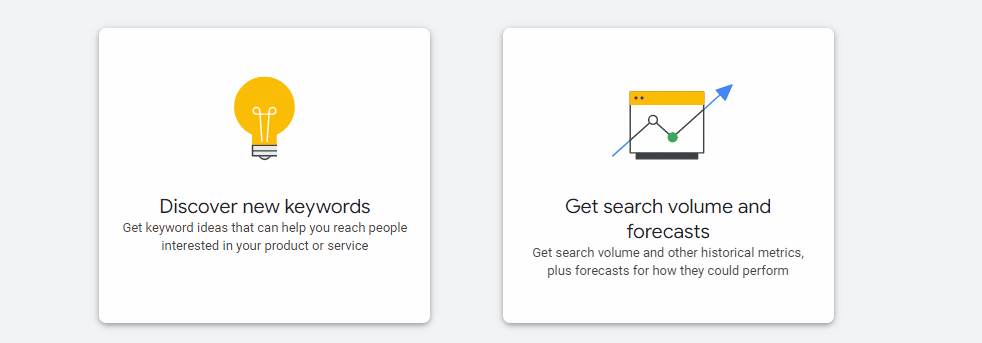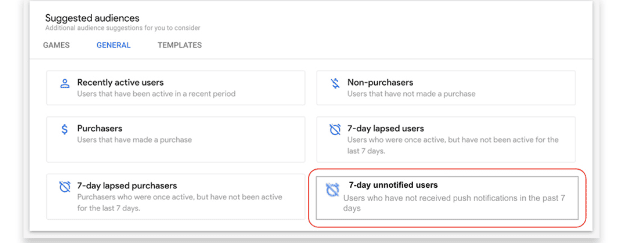This month, we’re highlighting some great posts from PPC.
8 Smart ways to compete in Google Ads (without raising bids) by WordStream

You don’t have to bid more than your budget to compete with your competitors.
Bidding highest doesn’t always set you apart from your competitors. You can increase your conversions without increasing your bid. It’ll help you increase your conversions in paid results if you follow these tactics. In addition, if you can’t trust smart bidding for your business, try our Google Ads Bidding solution.
- Understand the power of Quality Score
- Increase your click-through rate
- Improve the relevance of your ad
- Perfect your landing page
- Optimize your keywords
- Master your bidding strategy
- Examine your competition
- Use the tools at your disposal
Read on WordStream
How to maximize Google Ads results with a low budget by PPC Hero

You can get successful results on Google Ads with low budgets. In order to do this, it’s necessary to pay attention to only a few details.
- Plug the leaks: Make sure your money isn’t wasted. For example, no one wants to budget for irrelevant queries. Detect and prevent such situations.
- Remember your key business aims: Focus on what your campaign is about. Campaign goals may overlap, but it’s necessary not to stray away from the main goal. Otherwise, the result may not satisfy you.
Read on PPC Hero
Google lets you disable targeted ads and keep personalized searches by Search Engine Journal

With Google, My Ad Center, you can disable targeted ads without sacrificing personalized search results.
Previously, you had to go to your account settings to disable targeted ads. This method prevented Google from collecting historical YouTube data as well as web and app activity. However, thanks to My Ad Center, users can now customize ads on YouTube and Google Discover search results.
Read on Search Engine Journal
How to use Google Ads keyword forecast tool for predictive keyword research by Search Engine Journal

You can boost your PPC and SEO efforts at the same time by predicting the future.
Making the right predictions for the future can give you an edge over your competitors. Of course, things are not easy to predict, but the Google Ads Keyword Planner can help you. You can double your SEM and SEO efforts by narrowing down the future potential for a particular keyword or keyword phrase. The Forecast tool will help you predict how your keywords will perform with the appropriate setting.
Read on Search Engine Journal
How organizational structure can hurt PPC campaign performance by Search Engine Land

Organizational structure and culture can have a direct impact on campaign performance.
If your paid media campaigns aren’t working the way you wish, it’s a good idea to take a look inside the organization. Here are three situations where organizational structure can affect campaign performance.
- Brand advertising is separate from demand generation
- It’s responsible for integrating data with advertising platforms
- Multiple agencies manage paid media
Read on Search Engine Land
4 Campaign optimizations for PPC advertising success by OPTMYZR

If you want to keep your account healthy, you need to review the account management regularly.
PPC administrators can ensure that their campaigns are running smoothly by regularly performing the following four tasks. If you perform them consistently, growth is inevitable because you won’t miss any mistakes.
- Check the search terms report
- Monitor your quality scores
- Delete inappropriate keywords
- Get rid of underperforming search terms
Read on OPTMYZR
Benefits of Remarketing Lists for search ads by Marin One Blog

Remarketing Lists for Search Ads (RLSA) lets you target users who have already visited your website with new ads. By bringing them back to your site, you increase your chances of making sales.
- You increase click-through- rates (CTR)
- RLSAs allow you to test broad keywords
- RLSAa make ad spend more efficient
- RLAAs improve ROI
- Compared to other targeting strategies, RLSAs are more likely to result in conversions
Read on Marin One Blog
How to lower your cost per lead in Google Ads by WordStream

How can you reduce the cost per lead?
There’s no money to be made without spending money, but you don’t have to spend thousands of dollars to get conversions either. With the cost per lead metric, you can understand how much it costs you to get a conversion through your ads. Then you can take different approaches to lower that cost.
- Review your “limited by budget” campaigns
- Improve your Quality Score
- Streamline your account structure
- Optimize your bids or target
- Clean up your keywords
- Spruce up your landing pages
- Get your conversion tracking up to speed
Read on WordStream
5 Effective strategies for ecommerce PPC campaigns by OPTMYZR

An extensive list of negative keywords ensures that only relevant people see your ads.
By narrowing down the target audience, you can avoid irrelevant clicks. This way, your ads will attract only high-quality traffic. If one of your campaigns has a lot of impressions but little CTR, you can consider using negative keywords. The following five strategies can help you do this.
- Run search term reports for negative keywords
- Use negative keyword match types
- Implement “account-wide negatives”
- Apply campaign-wide or ad group-wide negatives
- Exclude irrelevant keywords based on current events
Read on OPTYMYZR
Google Analytics just introduced a new suggested audience by Search Engine Land

A new one has been added to the nearly 18 suggested audiences on the GA4 property: 7-day unnotified users, i.e., app users who have not yet been reached by push notification.
Although you’ll only see the suggestions that are relevant to your category, you can create any of these audiences if you think they are appropriate for your business. You’ll need to gather the events and parameters that will form the basis for the target groups you would like to use. You can modify these suggested audience groups as needed.
Read on Search Engine Land

